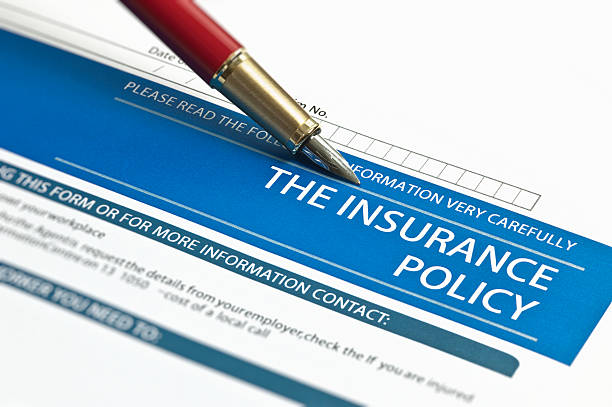There are many ways to save money when buying life insurance, but they don't always lead to paying lower premiums right away. As your top priority, look for a policy that meets your needs. Buying the wrong profit for a low premium is a waste, not a savings. Plus, here are some ways to maximize your life insurance dollars.
before buying
Once you have decided what type of life insurance product to buy:
Focus on financially strong companies. Dozens of companies sell life insurance. Limit yourself to companies with high ratings from two or more independent rating agencies. A low premium from a volatile company is not a good buy. See How do I choose a life insurance company? for more information.
 |
| life insurance |
Shop around to know about the premium you are likely to pay. Quote services on the Internet can serve this purpose, or you can ask an agent or broker to get you a premium estimate. As part of this research, determine what rate class you will fit into. Most companies that sell personal life insurance have several different denominations—commonly referred to as "Preferred (non-tobacco), "Standard (non-tobacco)," "Preferred (tobacco)," and "Standard (tobacco)." )" is called. A small percentage of people have a health condition or history that disqualifies them for even "standard" rates. Many in this group will be offered insurance at "impaired risk" or "non-standard" rates.
Look into group insurance. Consider participating in your employer-sponsored life insurance program, even if you have to contribute financially to it. Employers often subsidize their group insurance costs, so it can be less expensive than individual life insurance. You can get coverage up to a certain level without providing proof of good health, a benefit for some people. You'll probably pay premiums through payroll deductions, which can be a nice convenience. However, be sure to compare group and individual rates, because depending on your age and health condition, group insurance may or may not provide savings. When comparing group life insurance to individual life insurance, remember that if you have group life insurance for more than $50,000, the IRS tables determine how much it costs to provide amounts over $50,000 and you will be taxed for that cost. Qualified income is charged.
Take care of yourself. Find out which rate class you'll be grouped in and, if necessary, consider making some lifestyle changes—don't smoke, maintain a healthy weight, and exercise regularly—to qualify for a more favorable rate bracket. to do.
when you are ready to buy
Shop around to get the best rate. Life insurance is a very competitive business, and you'll inevitably find differences of hundreds of dollars (for annual premiums) even among financially sound companies for the same policy.
Consider the net cost index. How can you compare two policies, one with premiums that start out lower than the other but later go higher than the other? Or one with low premium and low cash value, the other with high premium and high cash value? Use a net cost index -- a standard method for summarizing these variables into a single number. The lower the number, the better, but ignore small differences (since indices are estimates based on estimates, small differences may not indicate true differences in values). The agent or broker you are dealing with, or the company you are considering purchasing the policy from, will provide this index number.
Be aware of premium discounts for specific amounts of insurance. Most companies offer rate discounts for specified sum assured. For example, you might actually pay a smaller premium for life insurance of $250,000 compared to $200,000, or for life insurance of $50,000 compared to $450,000, because the discount "kicks in" on the higher sum insured.
Beware of the "partial premium". Generally, you can pay your life insurance premiums once in a year, once in every half year, once in a quarter or once in a month. Although paying quarterly or monthly may seem easier to fit into your budget, some companies often charge higher fees for paying premiums. Others charge a fairly small fee to do so. If a company charges higher fees for paying more frequently, try to budget so that you pay your premiums only once or twice a year.
If you are buying a term policy, look for renewal guarantee. A renewal guarantee entitles you to start a new term after the end of the current term, paying a higher premium based on your current age, but requiring you to undergo a new health exam or have any other "insurance eligibility". Proof of " is not required to be submitted. Without a guarantee, you'll have to shop for life insurance again, and if your health takes a turn for the worse, you may end up paying more or not getting it at all.
source:iii.org only information porpus.

